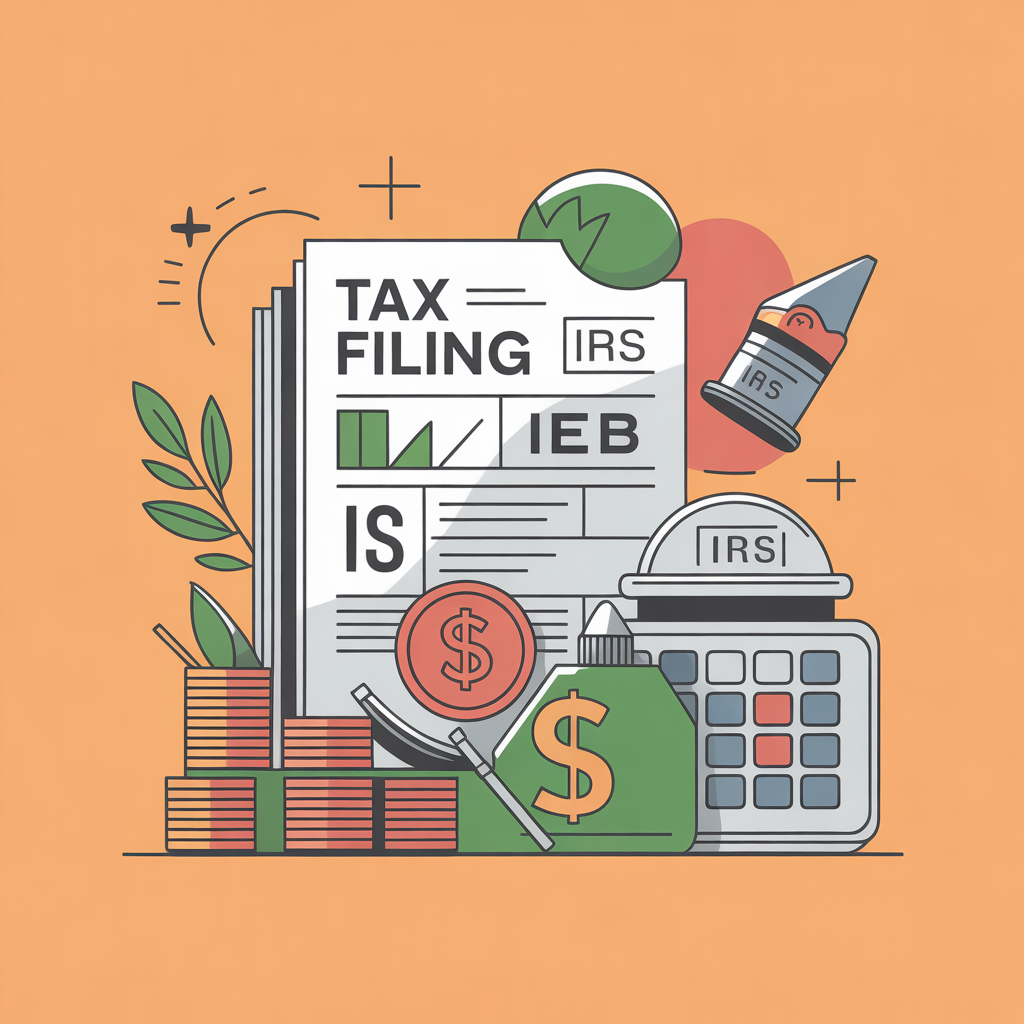Choosing the right business structure is one of the most critical decisions you’ll make as an entrepreneur. Your choice not only affects how your business operates but also has significant implications for taxation. A tax-efficient structure can help you minimize liabilities, maximize deductions, and retain more of your hard-earned profits. Here’s a guide to understanding the various business structures and how to select the one that aligns with your goals.
Key Business Structures in the USA
1. Sole Proprietorship
A sole proprietorship is the simplest and most common business structure, particularly for solo entrepreneurs.
Tax Features:
- Income and expenses are reported on your personal tax return (Form 1040, Schedule C).
- Subject to self-employment taxes, which cover Social Security and Medicare contributions.
- Minimal setup and maintenance costs.
Considerations:
- No separation between personal and business liabilities.
- Best for small, low-risk businesses or first-time entrepreneurs.
2. Partnership
A partnership is an arrangement between two or more individuals to operate a business together.
Tax Features:
- Files an informational tax return (Form 1065), but income and expenses are passed through to partners’ personal tax returns.
- Partners are responsible for self-employment taxes on their share of earnings.
Considerations:
- Ideal for businesses with multiple owners who want a simple structure.
- Requires a partnership agreement to outline profit-sharing and responsibilities.
3. Limited Liability Company (LLC)
An LLC offers flexibility and combines features of corporations and partnerships.
Tax Features:
- Default: Treated as a pass-through entity (income taxed at the member’s individual rate).
- Option to elect taxation as a corporation (C-Corp or S-Corp).
- Members may save on self-employment taxes by paying themselves a reasonable salary and taking additional profits as distributions (if taxed as an S-Corp).
Considerations:
- Offers liability protection for owners.
- Flexible and suitable for small to medium-sized businesses.
4. S Corporation (S-Corp)
An S-Corp is a special tax designation available to eligible corporations and LLCs.
Tax Features:
- Income is passed through to shareholders and taxed at their individual rates.
- Avoids double taxation (corporate and personal tax).
- Shareholders who work for the company must pay themselves a reasonable salary, which is subject to payroll taxes.
Considerations:
- Limited to 100 shareholders, all of whom must be U.S. citizens or residents.
- Best for businesses seeking tax savings on self-employment taxes while maintaining liability protection.
5. C Corporation (C-Corp)
A C-Corp is a traditional corporation structure often used by larger businesses.
Tax Features:
- Pays corporate income tax on profits.
- Shareholders pay taxes on dividends (double taxation).
- Can deduct fringe benefits provided to employees.
Considerations:
- Ideal for businesses planning to reinvest profits or seek venture capital funding.
- More complex and costly to maintain than other structures.
Factors to Consider When Choosing a Structure
1. Business Goals
- Are you looking for rapid growth and external funding? A C-Corp might be the best option.
- For smaller, owner-managed businesses, an LLC or S-Corp may be more suitable.
2. Tax Implications
- Consider how each structure’s tax treatment affects your total tax liability.
- Evaluate your eligibility for deductions, credits, and tax-saving strategies.
3. Liability Protection
- Sole proprietorships and partnerships do not offer personal liability protection.
- LLCs, S-Corps, and C-Corps protect owners’ personal assets from business debts and liabilities.
4. Administrative Complexity
- Sole proprietorships and partnerships are simpler and cheaper to maintain.
- Corporations and LLCs require more paperwork, compliance, and fees.
5. Future Plans
- If you plan to expand or bring on additional owners, consider how your structure will accommodate growth.
- Some structures, like LLCs and corporations, make it easier to transfer ownership or raise capital.
Seek Professional Advice
The ideal business structure depends on your specific circumstances, including your income, industry, and long-term plans. Consulting a tax professional or business advisor can help you make an informed decision tailored to your needs.
Conclusion
Choosing the right business structure is about more than just compliance; it’s a strategic decision that can impact your taxes, liability, and growth potential. By understanding the tax features and benefits of each structure, you can position your business for long-term success. Ready to choose the best structure for your business? Contact our experts for personalized advice.
The Riwa is your one-stop financial partner, providing reliable tax, payroll service. We help businesses and individuals across the USA.
Contact us: info@theriwa.com & Visit our website : theriwa.com






